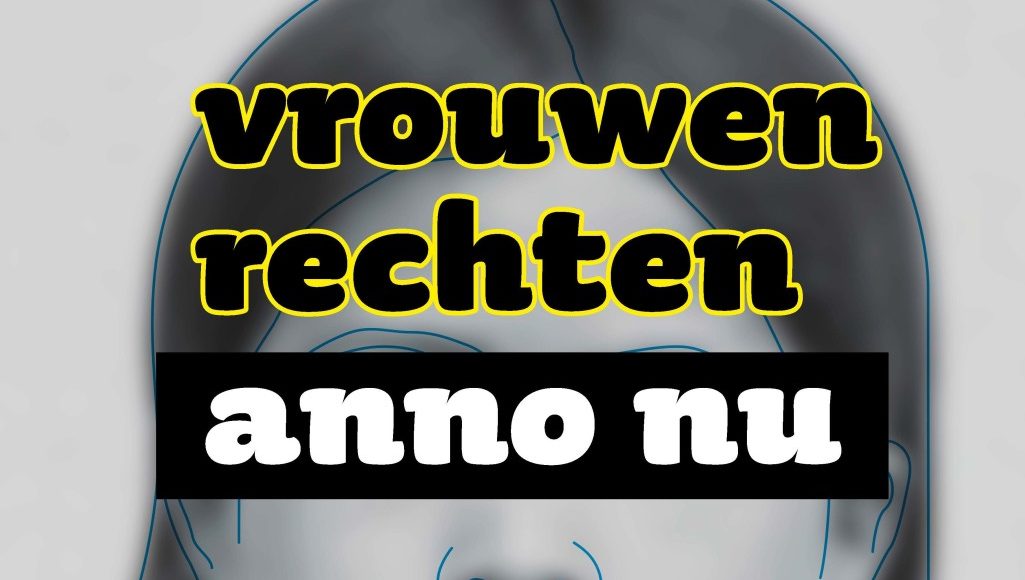INTERNATIONALE VROUWENDAG 2016
Al ruim 100 jaar vinden, tijdens de Internationale Vrouwendag (8 maart), wereldwijd activiteiten plaats rondom de positie van de vrouw. Met thema’s als economische zelfstandigheid van vrouwen, empowerment, seksueel geweld, zorg en arbeid, discriminatie en racisme. Anno 2016 zijn deze thema’s actueler dan ooit. Hoe werkt dat in de praktijk?
Ontvoeringen en vrouwenhandel vinden bijna dagelijks plaats, vrouwen hebben in veel landen nog steeds geen stemrecht en worden als tweederangs burgers behandeld en zelfs in het rijke Westen lopen vrouwen gevaar niet als gelijkwaardig te worden gezien. Vrouwen in de wetenschap hebben nog dagelijks met vooroordelen te maken. Hoe komt het eigenlijk dat je de vrouwen in de geschiedenis van de filosofie met een zaklantaarn moet zoeken? Waarom was het voor vrouwen zo moeilijk om door te dringen tot het bolwerk van de grote denkers? Ook in de sport komen vrouwen vaak op de tweede plaats. Ooit een praatprogramma op tv over vrouwenvoetbal gezien?
Om aandacht te vragen voor de positie van vrouwen organiseren Studium Generale en Sport & Cultuur TU Delft gezamenlijk in de maand maart activiteiten vanuit een politieke, filosofische, wetenschappelijke of sportieve invalshoek. Ook cabaret zal niet ontbreken. Maart: maand van de vrouw, ook toegankelijk voor mannen!

